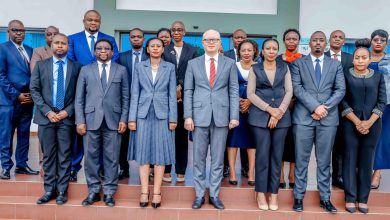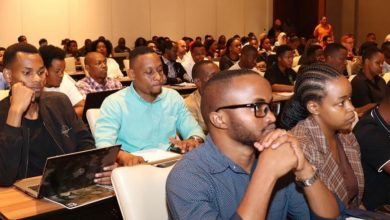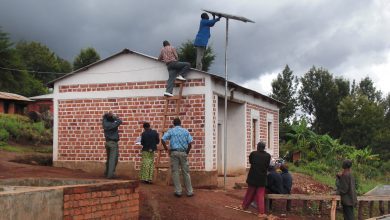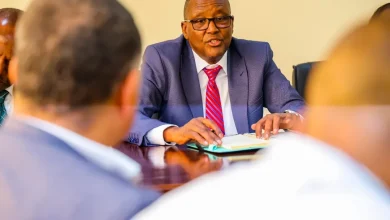Tanzania education reforms win praise abroad
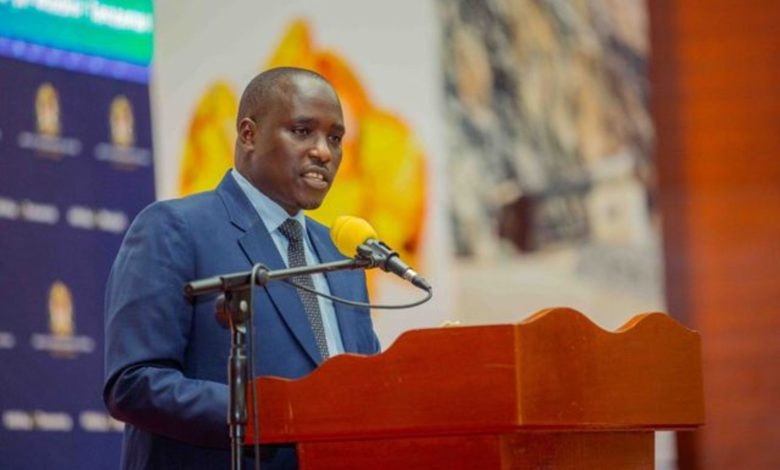
DAR ES SALAAM: DEPUTY Prime Minister and Minister for Energy, Dr Doto Biteko has said Tanzania is among the African countries making significant progress in utilising domestic resources and increasing investment in the education sector as part of efforts towards sustainable development.
Speaking in Dar es Salaam on Wednesday while officiating at the Fifth International Conference on Quality Education, Dr Biteko revealed that the national education budget has grown substantially over the past five years from 4.72tri/- in 2020/2021 to 6.16tri/- in 2024/2025.
The conference, held under the theme: “Strengthening Systems and Investment: Advancing Domestic Resource Mobilisation for Inclusive, Quality and Sustainable Education in Africa”, brought together stakeholders from across the continent to explore ways of enhancing education systems through better financing and resource mobilisation.
Dr Biteko outlined key reforms and strategies implemented by the Tanzanian government, including the development of progressive education policies, legal frameworks and operational guidelines.
He said the increased budget allocation has led to noticeable improvements in learning environments and infrastructure, which are crucial for sustainable development.
He also highlighted the expansion of the Free Education Policy, which now covers both primary and secondary education.
In 2020, the government allocated 312.08bn/- for this initiative. By 2024, the allocation had grown to 796.58bn/-, marking an increase of 484bn/-.
“This expansion has removed financial barriers that have long hindered access to education, increasing the number of students benefiting from the policy from 14.94 million in 2020 to over 16.15 million in 2024,” said Dr Biteko.
Despite the gains, he acknowledged the continued need for collaboration with development partners to address remaining challenges in the education sector and ensure sustained progress.
Dr Biteko urged conference participants to take the conference theme seriously and advocate for the implementation of international commitments, particularly the allocation of at least 20 per cent of national budgets to education.
He said that investment in quality education is key to solving pressing challenges such as the shortage of qualified teachers, especially in rural areas.
ALSO READ: Tanzania cherishes its strong education strategies at the TENMET meeting
“By 2030, Africa will need an estimated 17 million teachers to deliver quality primary and secondary education and to build responsive digital education systems,” he noted.
Citing 2025 research by the Organisation for Economic Co-operation and Development (OECD), Dr Biteko said quality education contributes 20–30 per cent to a country’s long-term economic growth.
The same research also shows that individuals with higher education earn 50–100 per cent more than those without it.
Meanwhile, Deputy Minister for Foreign Affairs and East African Cooperation (East African Affairs), Mr Dennis Londo, said the effective mobilisation of financial and human resources, particularly with support from development partners will be vital in reducing challenges in the education sector and improving quality.
On her part, Permanent Secretary in the Ministry of Education, Science and Technology, Professor Carolyne Nombo reaffirmed the government’s commitment to providing education that meets international standards.
“This conference is timely. As the government continues to invest in education, it provides an opportunity to mobilise more resources and catalyse transformative change in the system,” she said.
Mr Belay Addise, Regional Manager for the Global Partnership for Education (GPE), said his organisation values the strong cooperation with the Government of Tanzania, which dates back to 2013.
Through this partnership, Tanzania has received approximately USD 348 million via organisations including UNICEF, UNESCO and the Swedish International Development Agency (SIDA) to implement various education programmes.
Ms Martha Makala, Coordinator of the Tanzania Education Network (TEN/MET), expressed appreciation to the Ministry of Education and all stakeholders, both local and international, for making the conference possible.
She added that the participation of high-level policymakers would enrich discussions and ensure practical, impactful outcomes for Tanzania’s education sector.


